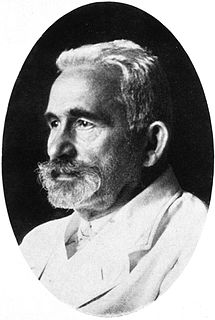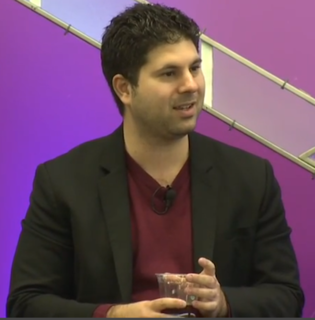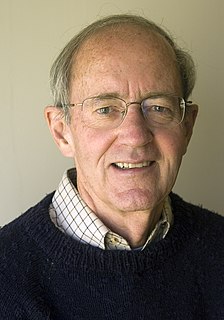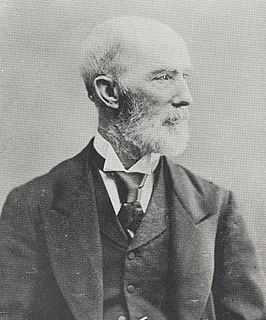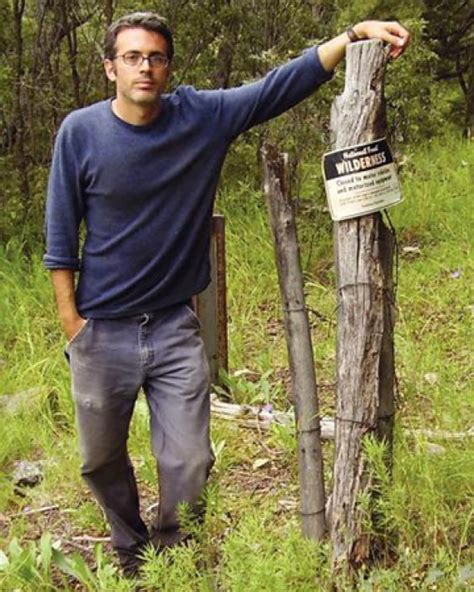A Quote by Lewis Hyde
Erik Erikson has commented: Potentially creative men like (Bernard) Shaw build the personal fundament of their work during a self-decreed moratorium, during which they often starve themselves, socially, erotically, and, at last but not least, nutritionally, in order to let the grosser weeds die out, and make way for the growth of their inner garden.
Related Quotes
While browsing in a second-hand bookshop one day, George Bernard Shaw was amused to find a copy of one of his own works which he himself had inscribed for a friend: "To ----, with esteem, George Bernard Shaw." He immediately purchased the book and returned it to the friend with a second inscription: "With renewed esteem, George Bernard Shaw.
Young people of high school age can actually feel themselves changing. Progress is almost tangible. It's exciting. It stimulates more progress. Nevertheless, growth is not constant and smooth. Erik Erikson quotes an aphorism to describe the formless forming of it. "I ain't what I ought to be. I ain't what I'm going to be, but I'm not what I was.
Everyone knows that weeds eat out the life of the garden and of the productive fields. It's like that in the building and developing of character. No one knows our own faults and tendencies better than we do ourselves, so that it is up to each one of us to keep the weeds out, and to keep all growth vigorous and fruitful.
It is true that many creative people fail to make mature personal relationships, and some are extremely isolated. It is also true that, in some instances, trauma, in the shape of early separation or bereavement, has steered the potentially creative person toward developing aspects of his personality which can find fulfillment in comparative isolation. But this does not mean that solitary, creative pursuits are themselves pathological.
That which especially distinguishes a high order of man from a low order of man, that which constitutes human goodness, human nobleness, is surely not the degree of enlightenment with which men pursue their own advantage; but it is self-forgetfulness; it is self-sacrifice; it is the disregard of personal pleasure, personal indulgence, personal advantage, remote or present, because some other line of conduct is more right.
I feel like the personal me and the artistic me are separate, but connected. It's almost like a Jekyll and Hyde thing. As much as you try to keep them apart, they end up together. I'm very much aware that when I'm miserable on the creative side - if I can't make things work a certain way - it really detracts from being the father I want to be. So in order to ultimately be a good father and the man I want to be I know I need to keep my creative side in check, or at least a little bit happy. It's weird how it's intertwined that way.
The patients often try to starve themselves, to hang themselves, to cut their arteries; they beg that they may be burned, buried alive, driven out into the woods and there allowed to die. One of my patients struck his neck so often on the edge of a chisel fixed on the ground that all the soft parts were cut through to the vertebrae.
A beginner must look on himself as one setting out to make a garden for his Lord's pleasure, on most unfruitful soil which abounds in weeds. His Majesty roots up the weeds and will put in good plants instead. Let us reckon that this is already done when the soul decides to practice prayer and has begun to do so.
I have seen myself lose intolerance, narrowness, bigotry, complacence, pride and a whole bushel-basket of other intellectual vices through my contact with Nature and with men. And when you take weeds out of a garden it gives you room to grow flowers. So, every time I lost a little self-satisfaction, or arrogance, I could plant some broadness or love of my own in its place, and after a while the garden of my mind began to bloom and be fragrant and I found myself better equipped for my work and more useful to others as a consequence.
The ego must be able to listen attentively and to give itself, without any further design or purpose, to that inner urge toward growth. People living in cultures more securely rooted than our own have less trouble in understanding that it is necessary to give up the utilitarian attitude of conscious planning in order to make way for the inner growth of the personality.
The victims of ennui paralyze all the grosser feelings by excess, and torpify all the finer by disuse and inactivity. Disgusted with this world, and indifferent about another, they at last lay violent hands upon themselves, and assume no small credit for the sang froid with which they meet death. But, alas! such beings can scarcely be said to die, for they have never truly lived.









